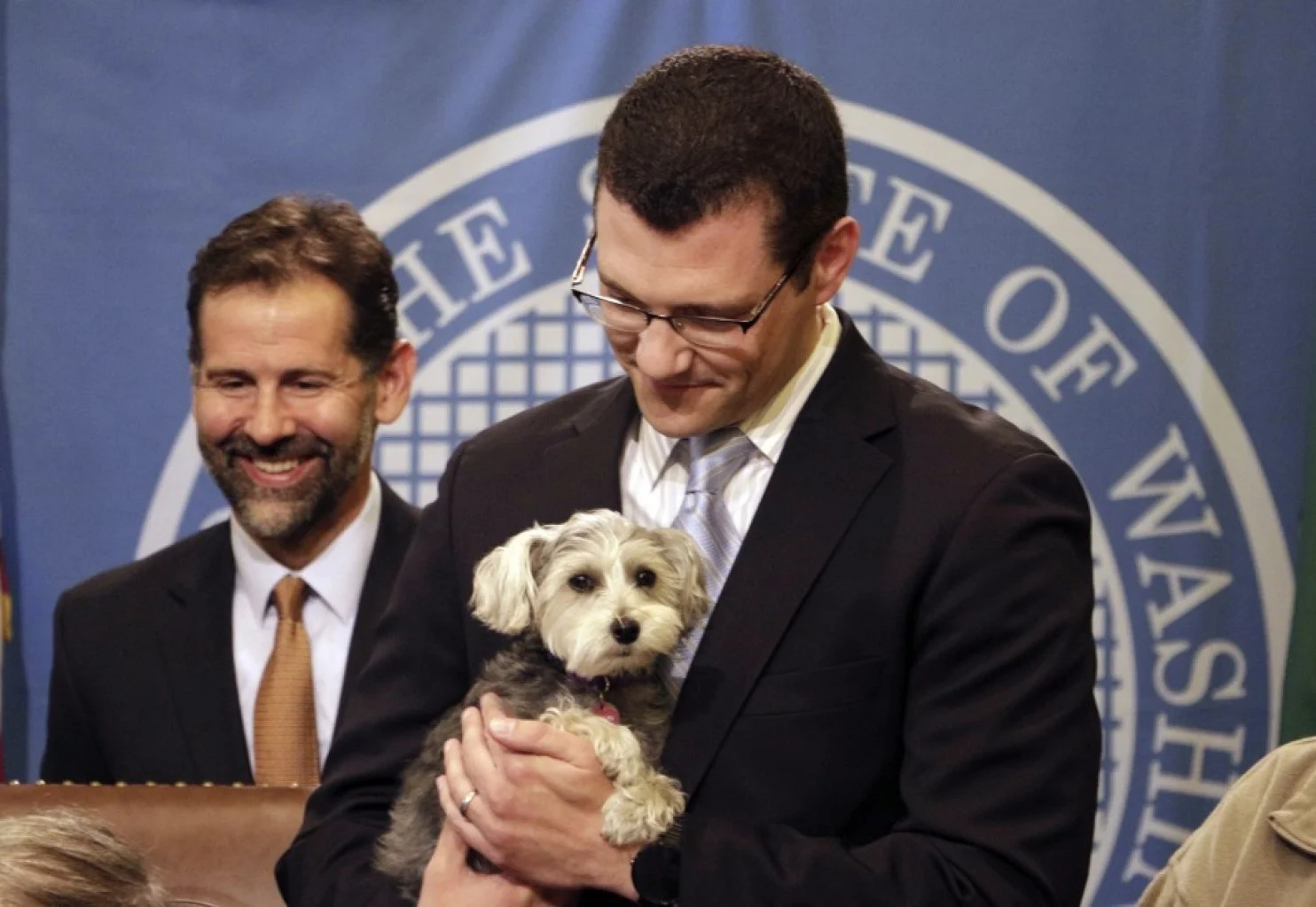The Washington Post
By Karin Brulliard
September 13, 2016
Starting in November, convicted animal abusers in the county that includes Tampa will be easier to identify. Their names, photos and addresses will be published on a county-run website that is publicly searchable and similar to the online sex offender registries that have proliferated since the 1990s.
The animal abuser registry, passed last week by commissioners in Hillsborough County, is aimed at preventing people who have harmed animals from doing so again. Retailers and shelters will be required to have prospective pet adopters or purchasers sign an affidavit saying they’re not on the registry. Regular people seeking pet-sitters or new homes for their animals will be able to vet candidates. Law enforcement officials will, at least in theory, be able to keep tabs on offenders’ whereabouts.
[Dogs are born with ears and tails. They should get to keep them.]
The county is the latest in a tiny but growing group of U.S. jurisdictions to adopt such registries. A handful of New York counties have them, as does New York City, although that one isn’t accessible to the public. Cook County, Ill., whose county seat is Chicago, recently decided to create one. Tennessee started the first statewide registry in January, although it still has just three people on its list.
“Just as we place extra trust in teachers and law enforcement, so, too, should we ensure that those engaged in the handling of animals have a spotless record,” New Jersey state Rep. Troy Singleton (D) said about legislation he sponsored to make his state home to the second statewide animal abuse registry. He referred to the idea as a “first line of defense.”
The registries are part of widening efforts in the United States to punish and track animal abusers, who, research has shown, commit violence against people at higher rates than normal. All 50 states now have felony provisions for the gravest crimes against animals, although many offenses are still considered misdemeanors. The FBI has added animal cruelty to its list of Class A felonies, and this year began collecting data for such crimes the way it does for other serious offenses, including homicide.
[A big win for animals: The FBI now tracks animal abuse like it tracks homicides]
“Most owners consider their pets to be family members,” Kevin Beckner, the Hillsborough County commissioner who pushed for the registry, said in a statement. “This Registry not only protects animals, but it can identify — and maybe even prevent — violence against humans, too.”
State Sen. Joe Fain of Washington held his dog, Waffles, last year as Gov. Jay Inslee signed a bill Fain sponsored that expanded the state’s animal cruelty laws. (Rachel La Corte/Associated Press)
The registries have several limitations. For one thing, they’re local, not national, so a person with an animal cruelty record in Tampa wouldn’t be stopped from getting a cat in Miami. Most require the cooperation of offenders themselves, requiring them to register or face a fine.
[Hillary Clinton wants you to know what she thinks about animals]
And the tool is not without its detractors — some of whom include animal advocates. The chair of the Hillsborough County’s Animal Advisory Committee called the registry there “not sufficient at all,” according to the Tampa Bay Times. Retailers have protested the idea of putting salespeople in the position of saying no to potentially violent customers whose names pop up in an online search. That concern led the Florida county to require stores and adoption shelters to procure only an affidavit, which can be checked against the registry — and passed along to authorities if there’s a match — after the customer leaves. But it has been dismissed elsewhere.
CONTENT FROM JAGUARThe pristine world of jewelry will never be the same again
How one artist is disrupting her field with chaos and serendipity.
Chicago commissioner John Fritchey, who proposed the Cook County registry, likened it to asking bartenders to turn away drunk patrons. “We don’t have special protections,” he told the Chicago Tribune.
Steven Shatkin, president of the New Jersey Society for the Prevention of Cruelty to Animals, told Philly.com that a registry in his state should be created in a “common-sense” way, making an argument that echoes the debate over the broad scope of sex offender registries, which list people whose crimes range from public urination to sexual assault of children.
A poodle confiscated in an animal cruelty case in Parker County, Tex., waits for his dinner in 2014. (Joyce Marshall/Star-Telegram via Associated Press)
“There are different degrees of abuse. There are offenders who intentionally kill or torture animals, or who are engaged in dogfighting. On the other end of the spectrum, there are pet owners who have an inadequate doghouse,” Shatkin said. “We wouldn’t want to paint both types of offenders with the same brush.”
Among the skeptics is the Humane Society of the United States, whose president and chief executive, Wayne Pacelle, wrote in 2010 that the “overwhelming proportion of animal abuse is perpetrated by people who neglect their own animals” and are unlikely to commit violence against other people and pets.
“Such individuals would pose a lesser threat to animals in the future if they received comprehensive mental health counseling,” Pacelle wrote at the time. “Shaming them with a public Internet profile is unlikely to affect their future behavior — except perhaps to isolate them further from society and promote increased distrust of authority figures trying to help them.”
In an email Monday, Pacelle said he and the HSUS don’t oppose animal abuse registries but believe tougher enforcement — such as felony charges and the FBI’s data collection — are likely to “produce better outcomes.”
In a blog post published in May, Tree House Humane Society, a Chicago animal shelter, endorsed the registry that will begin there in 2017.
“This will be a very useful and objective tool for us to lean on when it comes to denying adopters,” one adoption counselor was quoted as saying. “Now, it won’t just be our gut instinct — we have actual documentation to lean on.”

